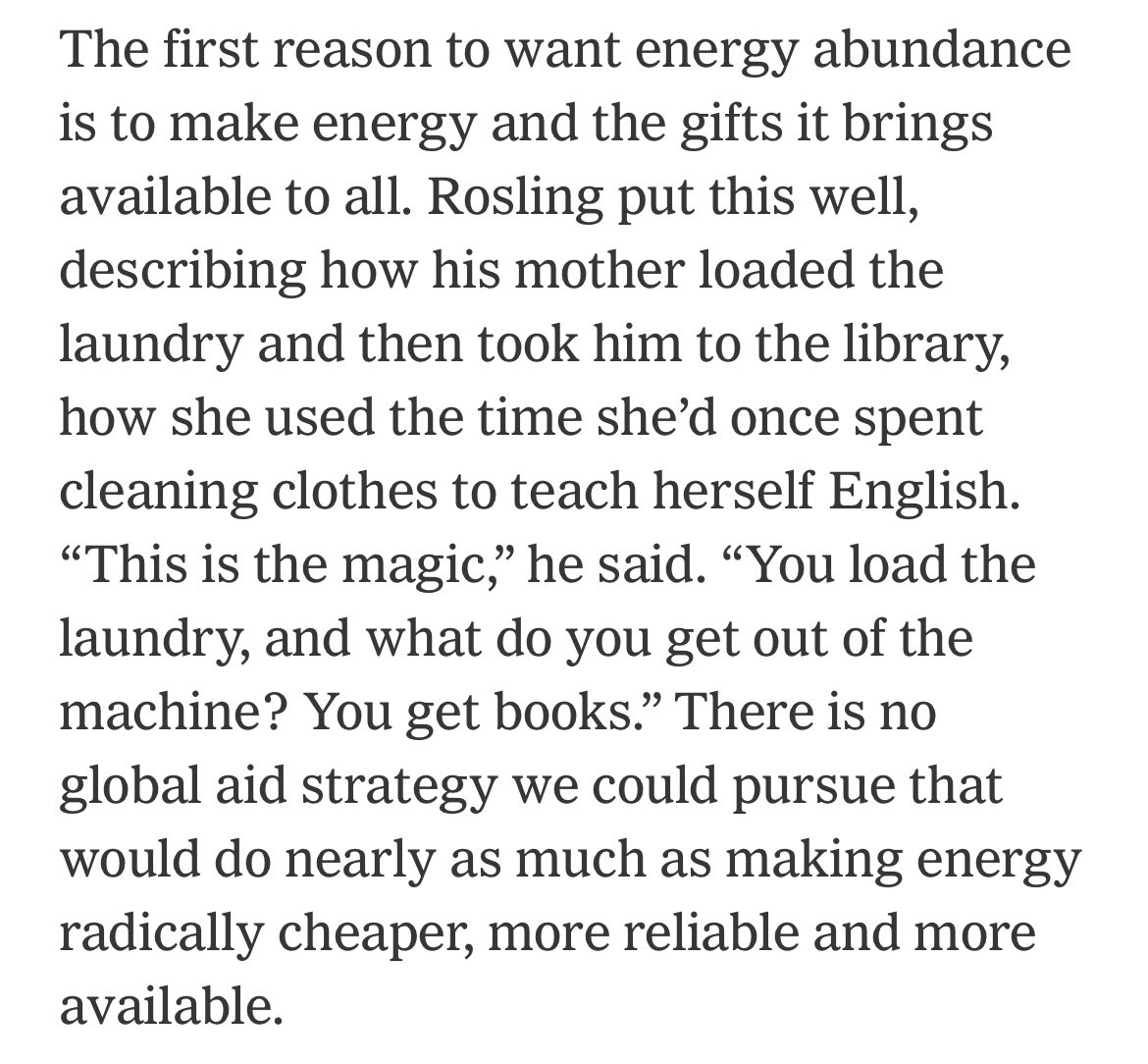It's 2023 now and we have something even better!
Thrilled to launch the pre-order for Scaling People, an extremely tactical guide to management and company building by — ’s former COO and current Corporate Advisor: press.stripe.com/scaling-people
Pinned Tweet

Quote Tweet
It’s 2019 and we still don’t have a management course taught jointly by Chick-fil-A, Waffle House, and Bill Belichick
Show this thread
3
17
152
Show this thread




































